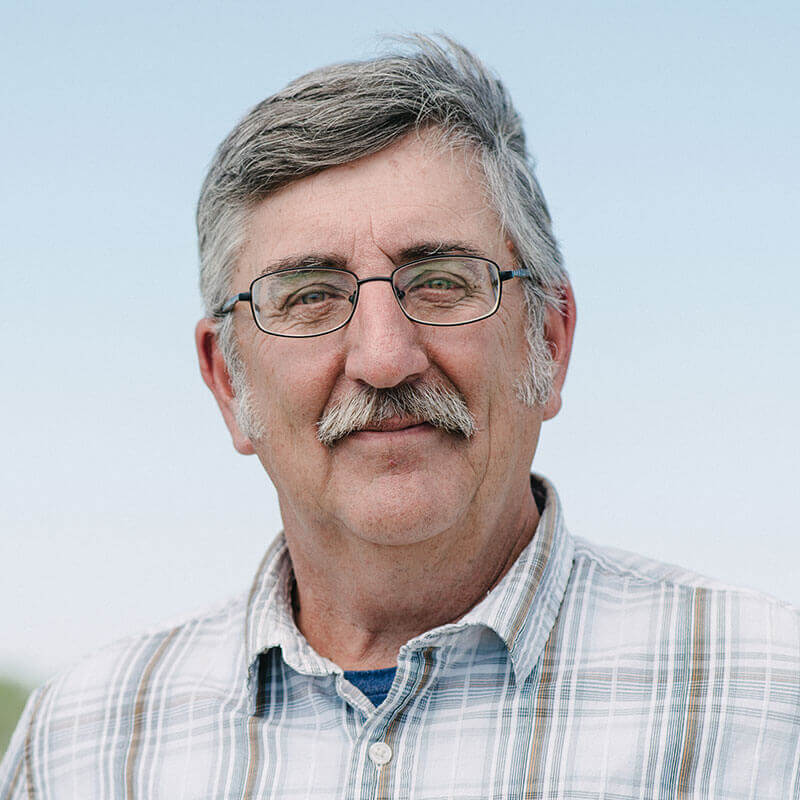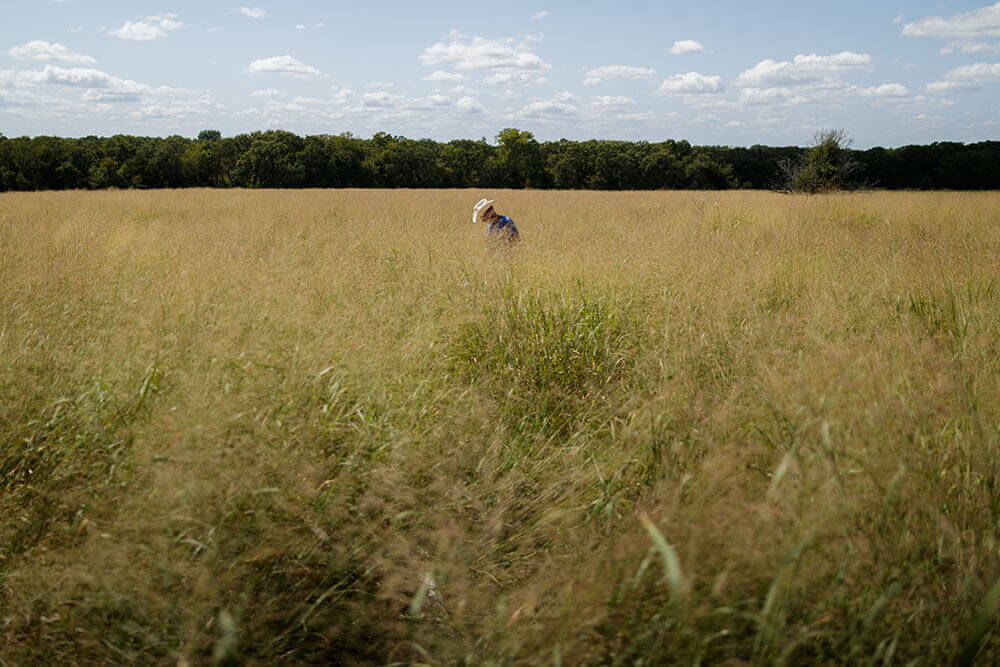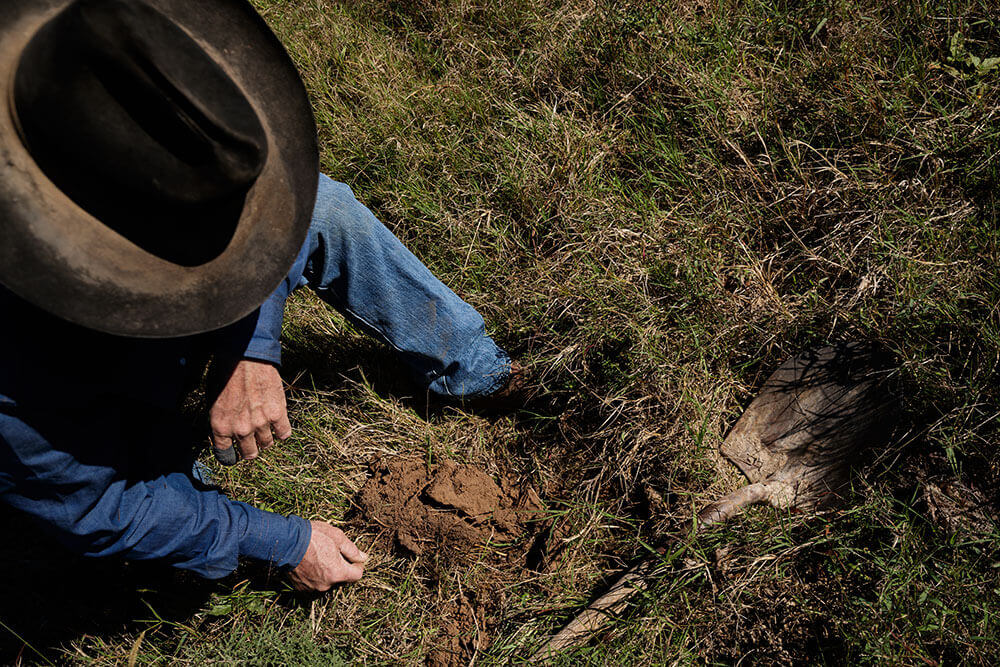Byron Shelton was teaching high school agriculture when he first stumbled upon Allan Savory’s work on holistic management. Immediately, it resonated.
“It gave me three things I didn’t know about the environment,” Shelton says, “and one framework to help make decisions.”
The three lessons immediately made sense, yet were unlike anything he’d studied before.
- The importance of the ruminant animal. In the Western U.S., there’s not enough humidity in the air for optimal growth and decay of plant material. The plants turn gray and rust into the air. It takes the animal trampling plant material into the ground, or running it through the rumen, to get it digested and on the ground as manure, where it can feed the ground.
- The importance of the predator/prey relationship. In a regenerative grazing operation, humans play the role of the predator, bunching animals up and moving them regularly.
- The importance of the timing of grazing events. Grass must have time to regrow between grazing. Rotating pastures is not enough; sufficient recovery must occur for optimal results.
Land just doesn’t do what it does. It’s reacting to our management, in one way or another.”
Byron Shelton

Continually fascinated by the concepts, Shelton became accredited in holistic management training. He launched his own consulting and training business as he simultaneously ranched. He raised cattle — with a few hogs and chickens — on land he leased and on managed ranches in Colorado, New Mexico and Virginia.
Nine years ago, he began working for Savory Institute, the non-government organization Allan Savory founded to help facilitate the large-scale regeneration of the world’s grasslands. Today, he’s their senior program director. In this role, Shelton trains the trainers on ecosystem processes management, holistic planned grazing, ecological monitoring, holistic land planning, holistic policy analysis and development processes, and low stress animal handling. He also serves as manager of Savory Institute’s West Bijou Ranch in Colorado.
Why ecosystem processes matter to your ranch
Shelton says while most livestock producers know all the ins and outs of their animals, there’s another skill that is just as important. Ranchers can’t underestimate the importance of ecosystem processes to their operations – that’s the framework they need to have in place.
“Ranchers need to be able to read the land, and see what the land is telling them,” he says.
Shelton says they should be able to answer these questions:
- Is the water cycle improving? Is precipitation soaking in, or just running off?
- Is the nutrient cycle better? Are plants growing and decaying back into the ground as they should?
- Is energy flow optimized? Are we capturing the sunlight as much as we can?
- Are community dynamics improving? Do we have as much plant and animal diversity as we could (or are we getting closer)? Do we have perennial diversity that matches what nature would do?
See also: What are ecosystem processes? »
Shelton, who often travels overseas in his role with Savory Institute, says ecosystem processes are a constant everywhere.
“I can’t always talk to the people,” he says. “But if I’ve learned how to read the ecosystem processes, the land speaks one language, and I can see what’s happening. Then, we can figure out if that’s what we want to happen or not and then change our actions to create what we want. Land just doesn’t do what it does. It’s reacting to our management, in one way or another.”

Managing for ecosystem processes isn’t prescriptive
One thing Shelton appreciates about the type of ranching that’s centered on ecosystem processes is it’s a framework on which to base decisions, not a bunch of rules to follow.
“It doesn’t help to go in and tell people, ‘Do these practices,’” Shelton says. “I want to instead encourage them to learn to read the land so that they can say, ‘What do I have to do to create the desired landscape to support my enterprises?’”

Learn more about the indicators of soil health »
There’s more to ranching than grazing
Shelton says while land management is important, it’s not everything. Ranchers must look at the big picture, always.
“Your quality of life matters,” he says. “Your finances matter. If you get stuck just on the grazing, you’ll eventually fail. You won’t question what you’re doing and why well enough. You have to ask yourself what you’re trying to create.”


Comments